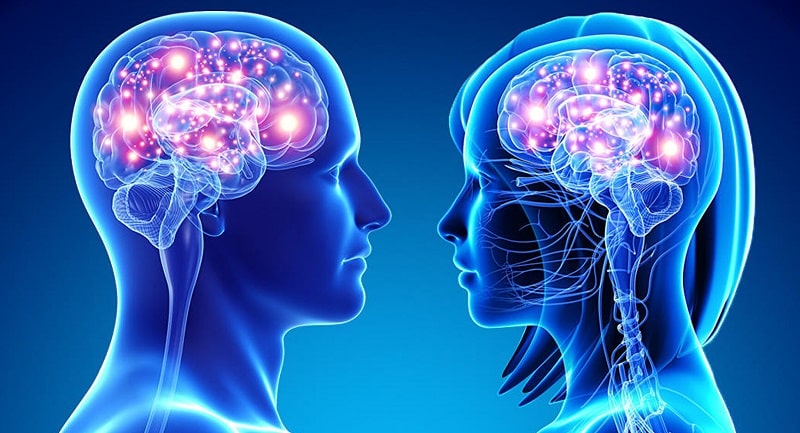The influence of music on human emotions

It has long been understood that music has a certain effect on people. It evokes certain emotions. But not many people know how it does this, how listening to music can make you feel euphoric or, on the contrary, upset or even cry. What’s more, the right songs can even help you cope with grief. Read more about the influence of music on one’s emotional state in this article.
An anthropological riddle
In fact, many people wonder, “What effect does music have on a person’s psycho-emotional state?” Even Charles Darwin was concerned about this. He called songs the great enigma that mankind is gifted with. There were also sceptics who began to doubt whether music had any effect on the listener. An example of such a person was Stephen Pinker, a thinking scientist. He believes that music stimulates other important abilities. For example, the ability to recognise patterns and more. But music has no value in and of itself, being only an irritant to the ear.
But this idea was quickly called into question. If that were true, would so many people around the world listen to music? Nowadays, it’s almost impossible to find a person who doesn’t love songs. If one considers oneself a music freak, one is advised to compare one’s love of music to the Babinga tribe. They lived in central Africa and couldn’t live without music. Songs accompanied them every step of the way, from collecting honey to hunting elephants.
Gilbert Rouget, a famous anthropologist, lived among the Babinga in 1946. It was then that he realised that ignoring the ritual of joint music-making was considered a terrible crime. The people believed that music was as indispensable to them as food.

There is another explanation. For example, that song arose as a response to sexual competition between humans. And indeed, if one develops musical skills, one becomes sexually attracted to them. True, the theory is not proven. Recently, a study was conducted on ten thousand twins. The result was that musicians don’t have much luck in bed.
Some believe that songs are an early form of communication between people. And it is true that some songs have musical motifs that recall the emotional codes of mankind’s ancestors. A rising staccato, for example, emotionally turns the listener on, while long sequences soothe the listener. This suggests that certain sounds contain a universal meaning that is read equally by adults, children, animals, cultures and nationalities. Thus, we can say that music arose from the association of birdsongs and animal cries. Thanks to such sounds, ancient people, who had no language of their own, were able to convey their feelings and emotional state. It is possible that songs paved the way for the creation of their own language.
Contact with the outside world
It is believed that if music makes you feel good, just listening to it is enough to lower your ego. Some people find such a thought reassuring, while others, on the contrary, find it gratifying. Societies that are more in solidarity with each other and less quarrelsome have a high chance of survival and continued prosperity. This is well seen in the same Babinga tribe and its tradition of music-making together. This allowed people to come together and avoid quarrels and unnecessary bickering.
